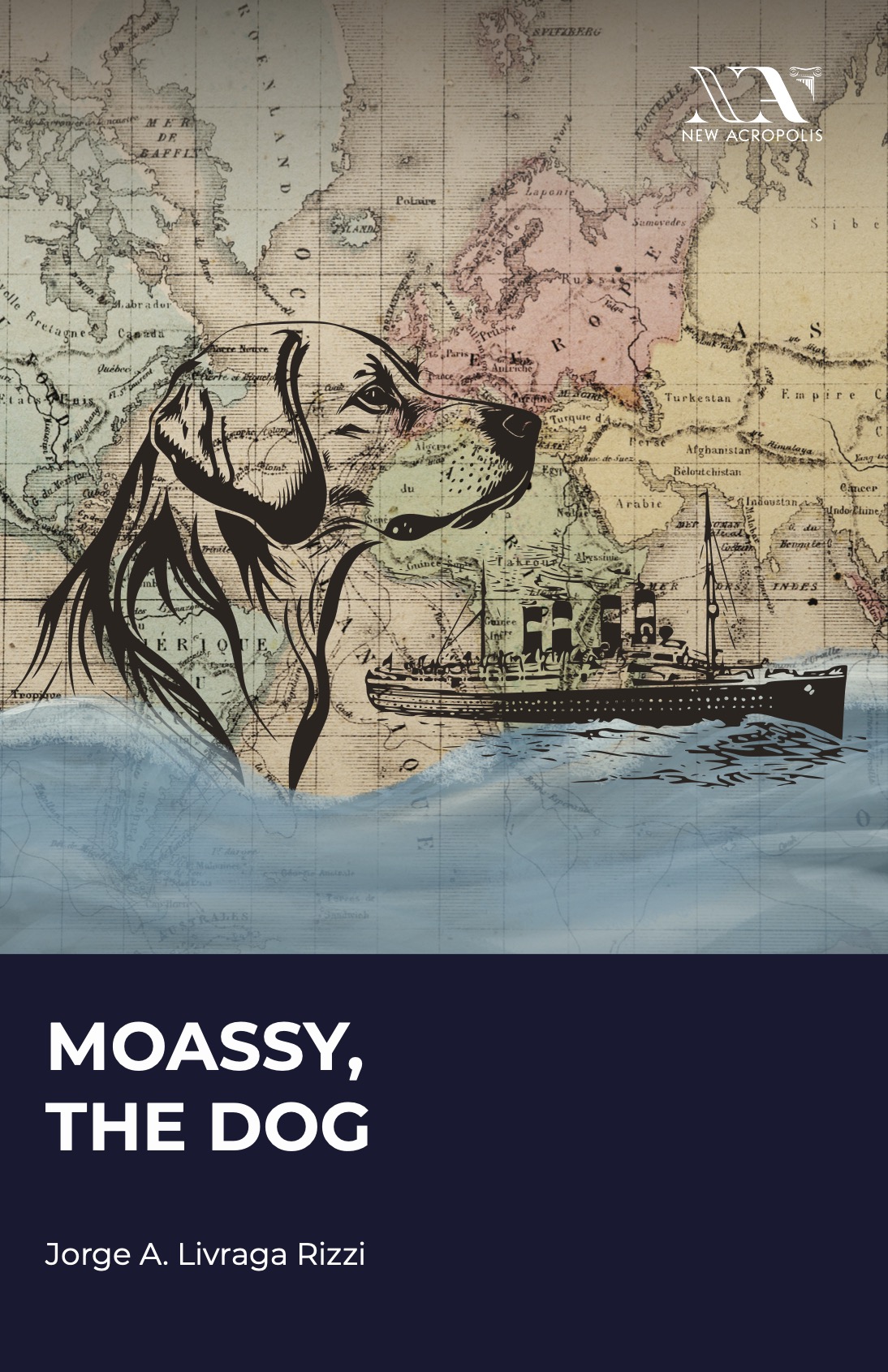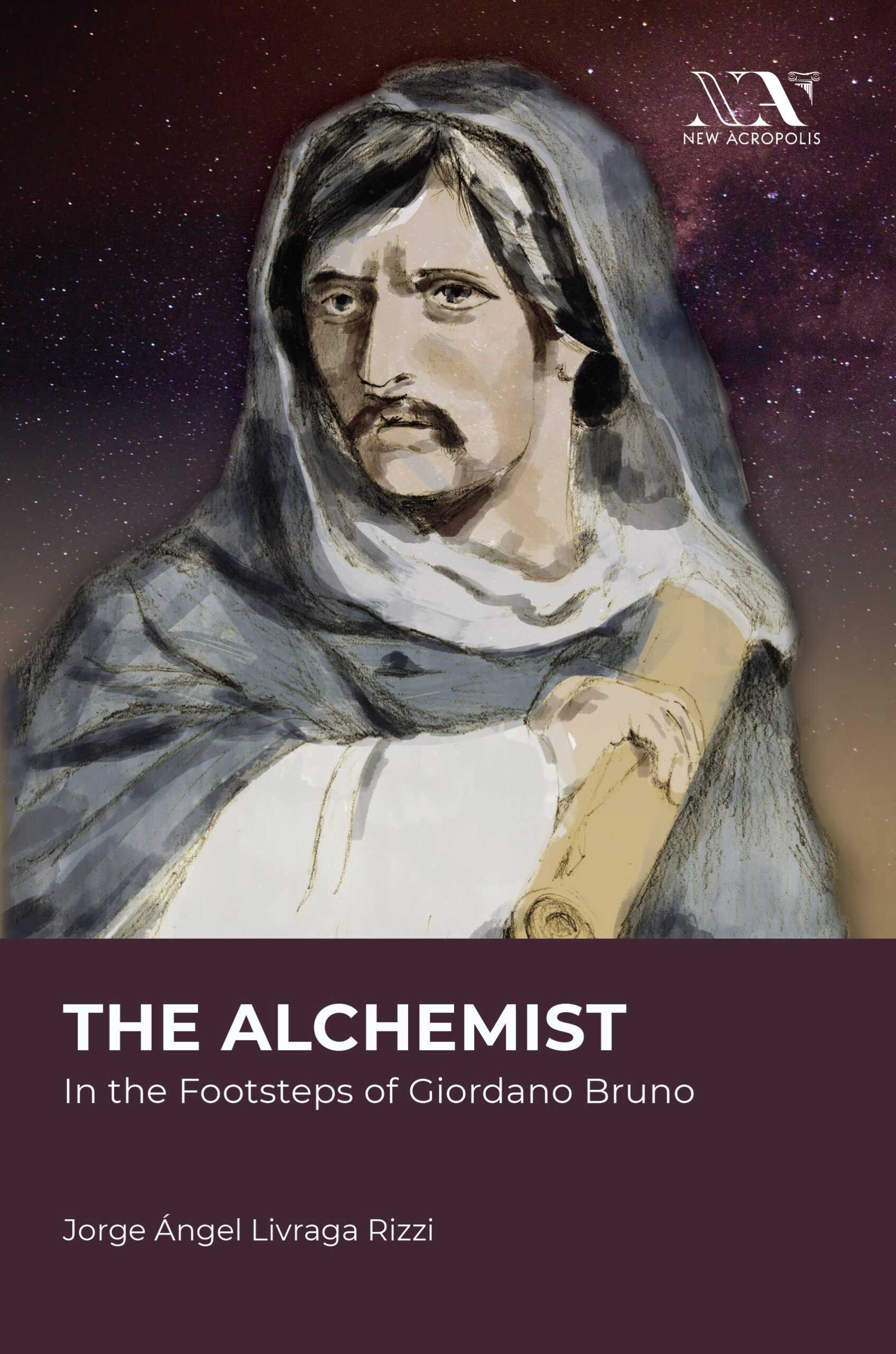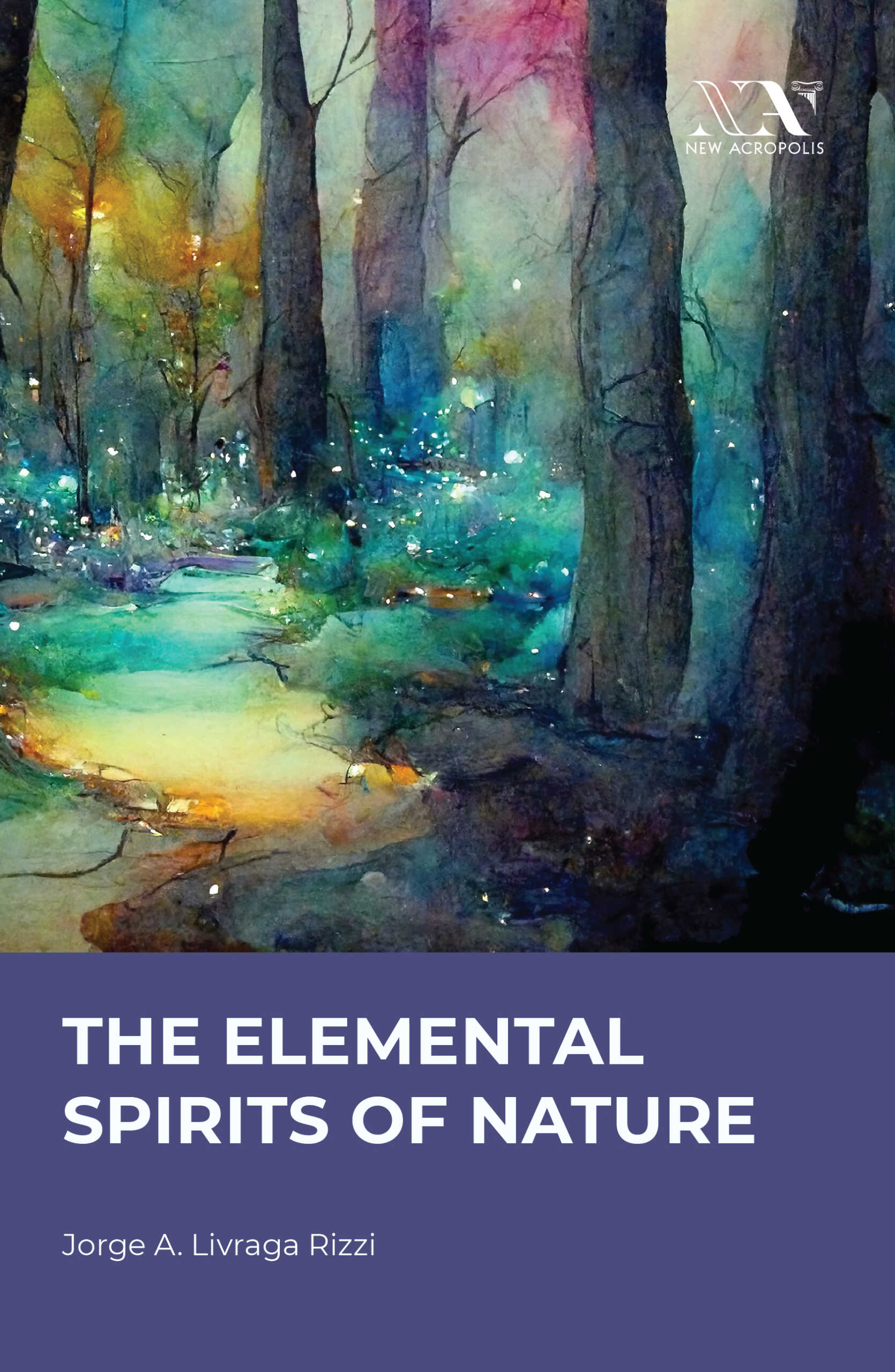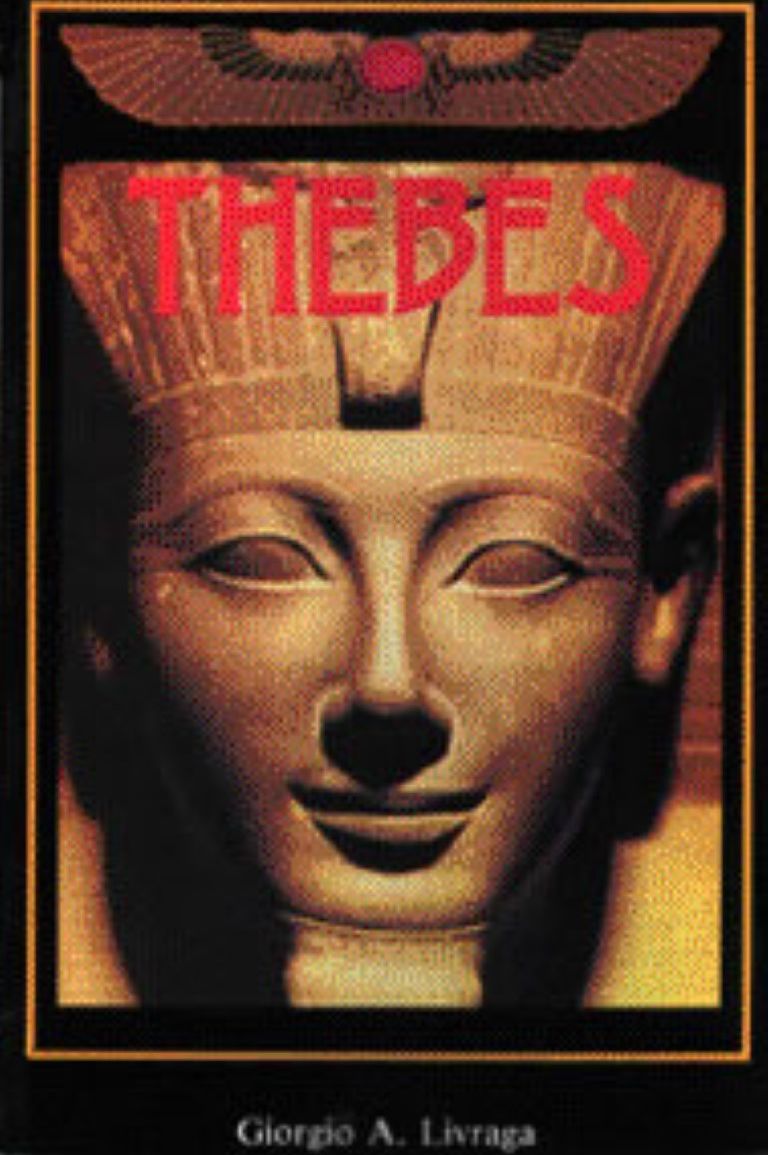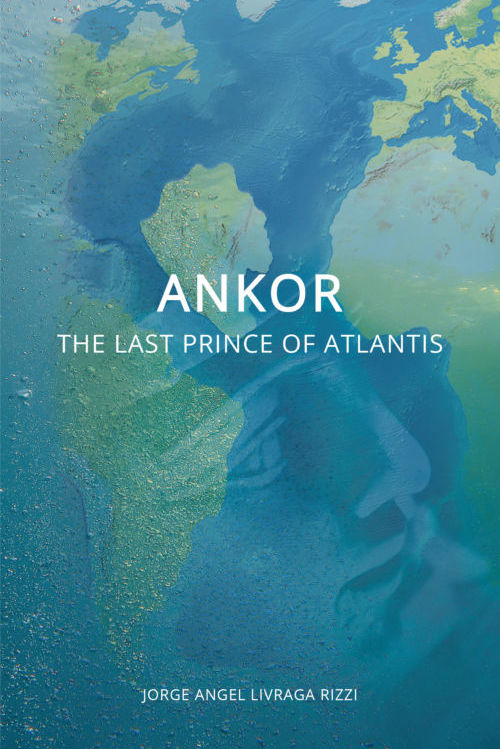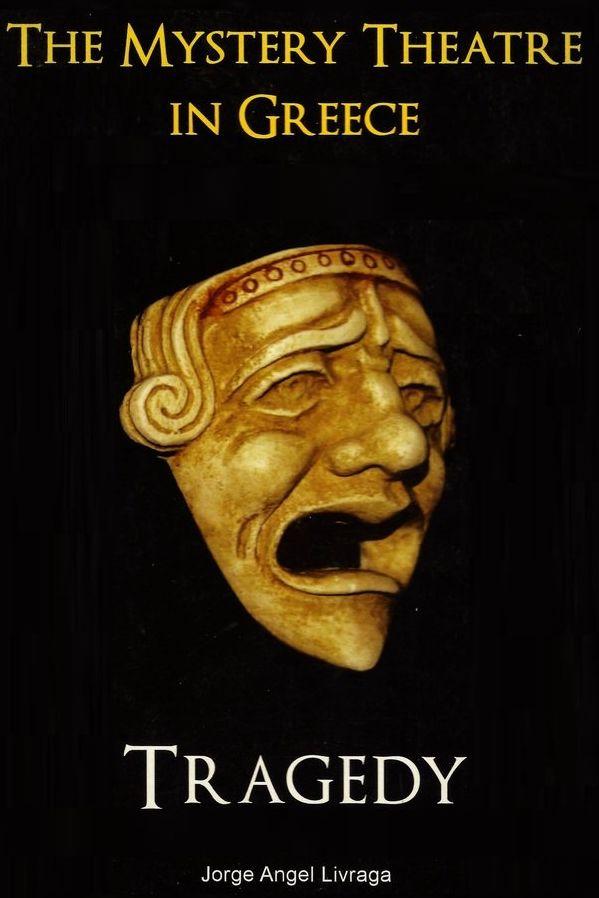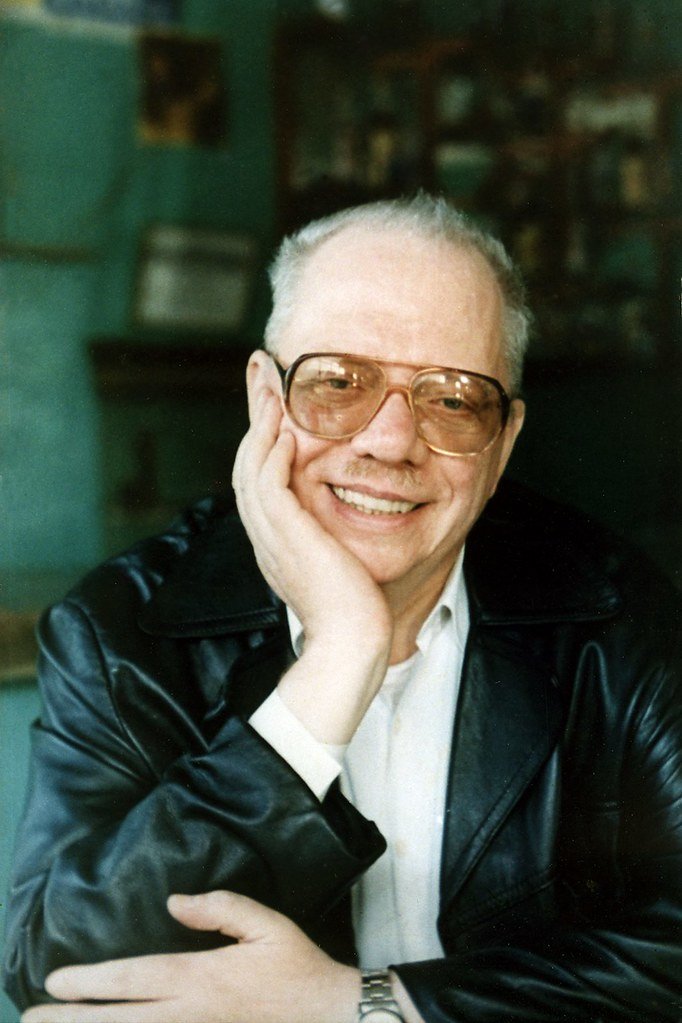
His innovative proposal was reviving the idea of School of Philosophy in the Classical Tradition, reintroducing the Socratic method as a search for wisdom and knowledge of the human being.
These schools, in the classical world – the Platonic Academy, the Lyceum of Aristotle, the Neoplatonic School of Alexandria – brought elements of renewal which where useful to guide the difficult times which they experienced. In the second half of the XX century this innovative call came again with profound roots in the classical tradition with a projection into the Third Millenium.
The many facets of Jorge Angel Livraga Rizzi can be seen reflected in his life’s work: the International Organization New Acropolis, which is present today in over 50 countries.

Bring Philosophy closer to practical life
The teaching work of Professor Livraga, as a pioneer and philosopher of the future, has led him to develop numerous facets of the curriculum of the School of Philosophy and, in parallel, to investigate and deepen the comparative study of religions and the various philosophical currents, sociocultural, scientific and artistic.
The main key of this Philosophy as a way of life is found in the Renaissance, beginning with the “inner rebirth of the human being”, according to his own words, a human being in continuous evolution, who asks himself questions about what he sees, what he feels, what he lives, who reflects and searches answers.
Approaching the Philosophy of all times, the legacy of Wisdom of Humanity to all kinds of people, such is the purpose put into action by the Schools of Philosophy “in the classic way”, promoted by Professor Livraga, with a vocation for study but also for action committed to the society and the present, with a vocation for the future. From this point of view, it is undeniable that he can be considered a pioneer of the 21st century.
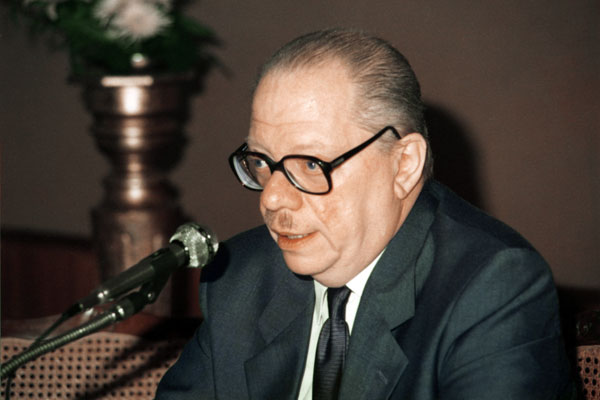
A New Humanism
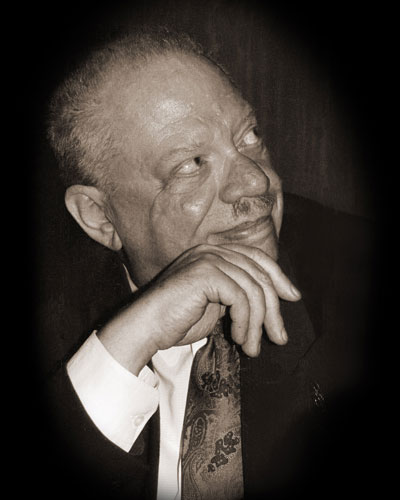
Deeply aware of the need for a new eclectic humanism capable of bringing together the great philosophical teachings of East and West, he developed a teaching methodology, especially designed for young people, to enable them to discover in those teachings the major keys to the meaning of existence and the destiny of humanity, as well as learning how to respond to change in an active way.
Understanding culture – the shared roots of all peoples and civilizations – helps to neutralize the threats of materialism and dogmatic irrationality that separate human beings and bring them into conflict with one another.
The Socratic methodology of the School of Philosophy is applied in culture through the practice of dialogue on all levels – between arts, sciences, religions, between human beings and the different cultures and nations that underpin their existence.
Professor Livraga spent his life promoting fraternity amongst individuals and nations, combating the material and moral poverty of his contemporaries and defending the liberty of conscience and expression wherever they were threatened or restricted.
Commitment to Society
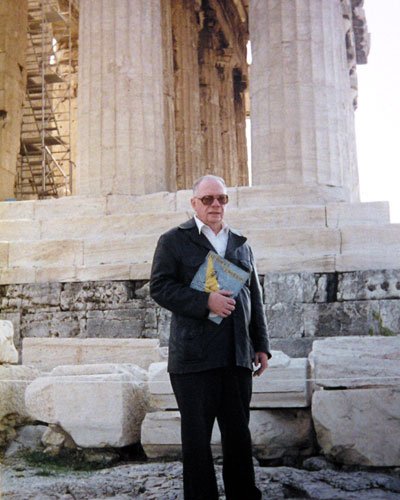
Philosophy, when it is put into practice, requires human beings to make a commitment to their times and to the society to which they belong.
We can all do something to make the world better, the founder of New Acropolis used to repeat. The commitment that is born from the freedom of each one is the most valuable, the most enduring, the most necessary, in the midst of confusion and passivity.
That is the value of volunteerism as a method of action.
Bibliographical Notes
Recognitions
His Works
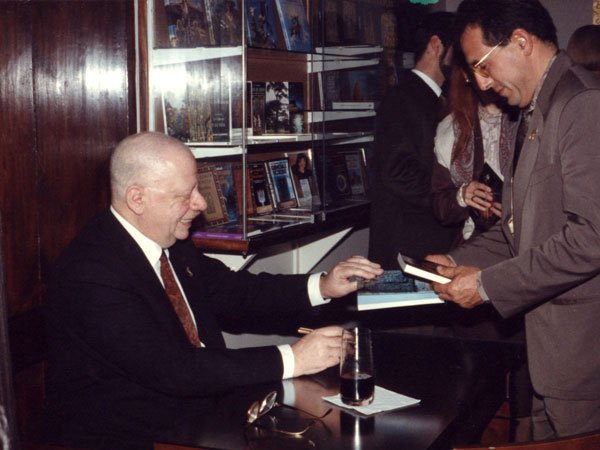
He published studies on ancient cultures and civilizations, novels, philosophical essays and reflections on the modern world, as well as numerous articles.
One of the guiding principles of the works of Jorge Ángel Livraga was to make knowledge and philosophy available to the widest possible audience.
Consequently, a considerable part of his intellectual output consists of a compilation of his classes and lectures, given on a wide variety of subjects, though always with a unifying thread: the need to awaken the individual consciousness in every human being.
Bibliographical Works
“Magic, Religion and Science for the Third Millennium”. 6 Volumes. Professor Livraga’s reflections on a wide range of subjects and proposed solutions based on practical philosophy.

